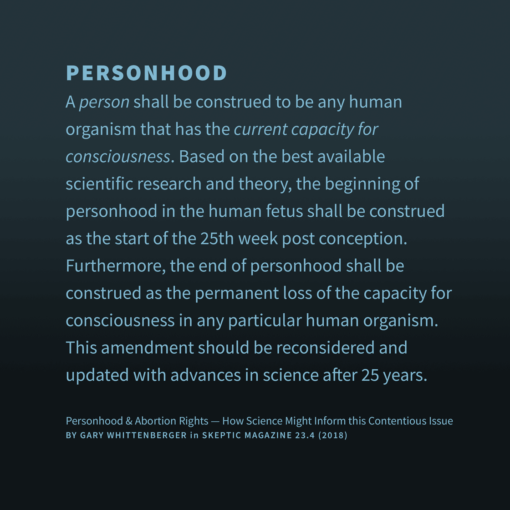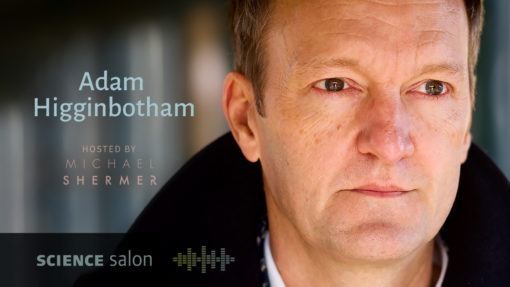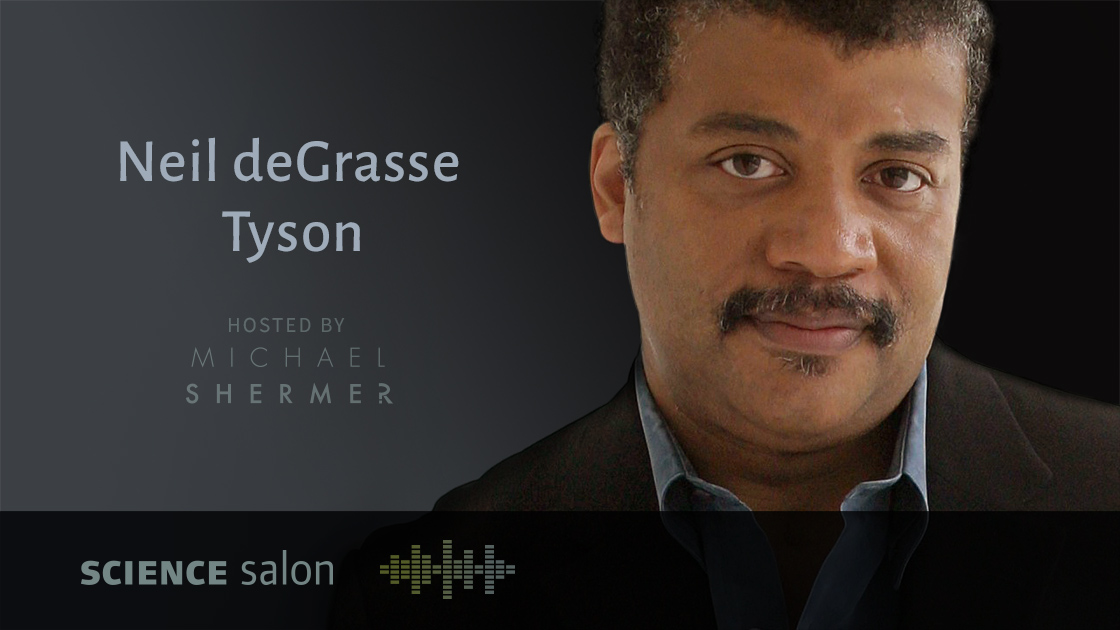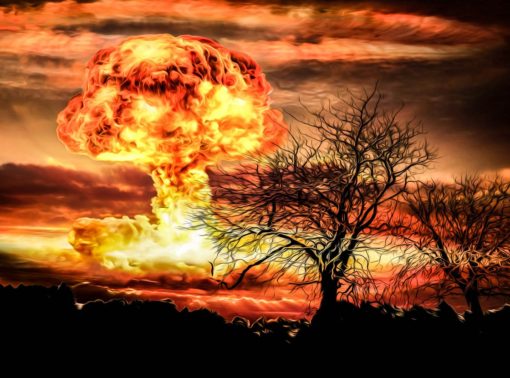nuclear weapons

Although it’s been 45 years since Roe v. Wade, abortion continues to be a highly controversial and polarizing issue. In this essay, Gary Whittenberger articulates the philosophical and scientific foundation for a third option between the two extremes of pro-life and pro-choice — the pro-person position — after examining the evidence for the best possible answer to the question: “When does the human fetus acquire the capacity for consciousness?”

In Science Salon Podcast # 53, Michael Shermer speaks with the author of the newly published book Midnight in Chernobyl: The Untold Story of the World’s Greatest Nuclear Disaster, Adam Higginbotham who tells what really happened at Chernobyl, by far the worst nuclear disaster in history, and why it took so long to discover what really happened.
In Science Salon # 37, Michael Shermer and Neil deGrasse Tyson take a deep dive into the history of science and war, and the strange but productive alliances that have been formed over the centuries—particularly those between astrophysicists and politicians, governments, military, and corporations.

In Science Salon # 37, Michael Shermer and Neil deGrasse Tyson take a deep dive into the history of science and war, and the strange but productive alliances that have been formed over the centuries—particularly those between astrophysicists and politicians, governments, military, and corporations.
Listen to Science Salon # 25: a remarkable conversation between Michael Shermer and Pulitzer Prize- and National Book Award-winning author Richard Rhodes as they discuss nuclear weapons, North Korea, Iran, and Russia, the psychology of Mutual Assured Destruction (MAD), human violence and its causes, the socialization of violence, and his new book Energy: A Human History.

Shermer speaks with Pulitzer Prize-winning author Richard Rhodes about: nuclear weapons, North Korea, Iran, and Russia, the psychology of Mutual Assured Destruction (MAD), human violence and its causes, the “Bullet Holocaust” (the millions of Jews and others shot to death in Eastern Europe before the death camps ramped up their killing by gas), how people become serial killers (the socialization of violence), and the fascinating history behind energy transitions over time.

There are skeletons in the closet of nuclear deterrence. Advocates of nuclear deterrence say nuclear weapons are not only justified, their existence seems to have worked, and to be working, right now. In this week’s eSkeptic, David Barash avers that skepticism of nuclear deterrence is long overdue.

There are skeletons in the closet of nuclear deterrence. Advocates of nuclear deterrence say nuclear weapons are not only justified, their existence seems to have worked, and to be working, right now. David Barash avers that skepticism of nuclear deterrence is long overdue.
In this week’s eSkeptic: The latest issue of Skeptic magazine (19.2): Boston Bombing Conspiracy Theories; Shermer asks whether deterrence prohibits the total abolishment of nuclear weapons; MonsterTalk discusses the legends and facts behind the Mongolian Death Worm; and Loxton reflects on monster hoaxes—and Discovery Channel’s tarnished reputation.
← PREVIOUS













